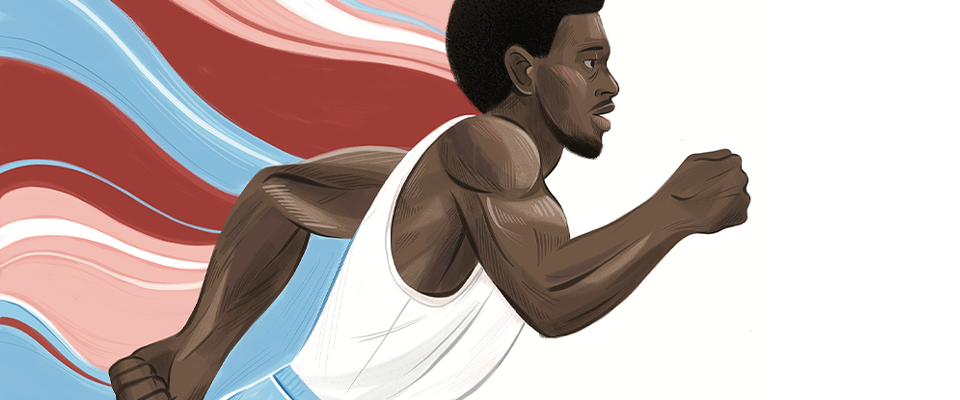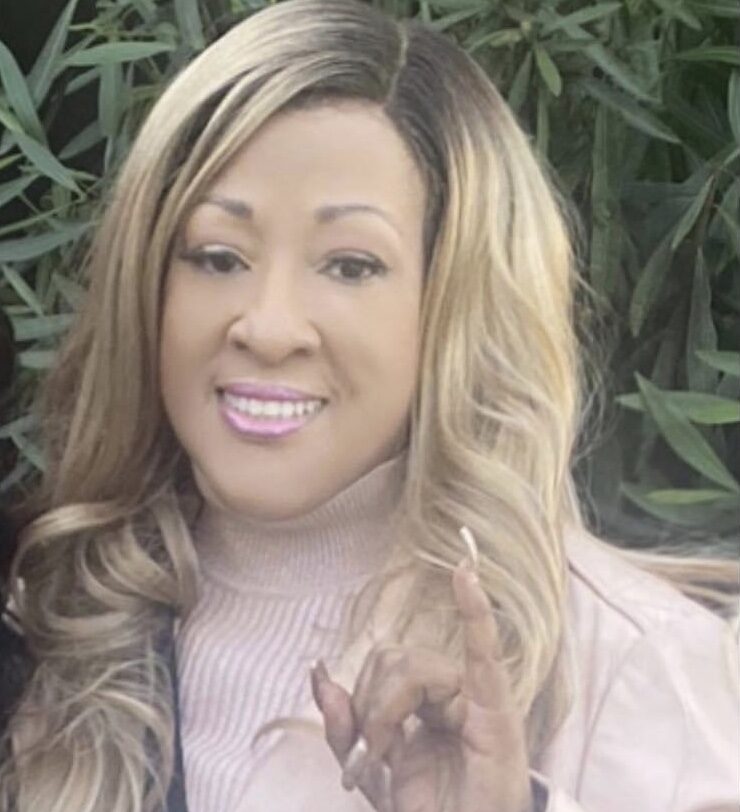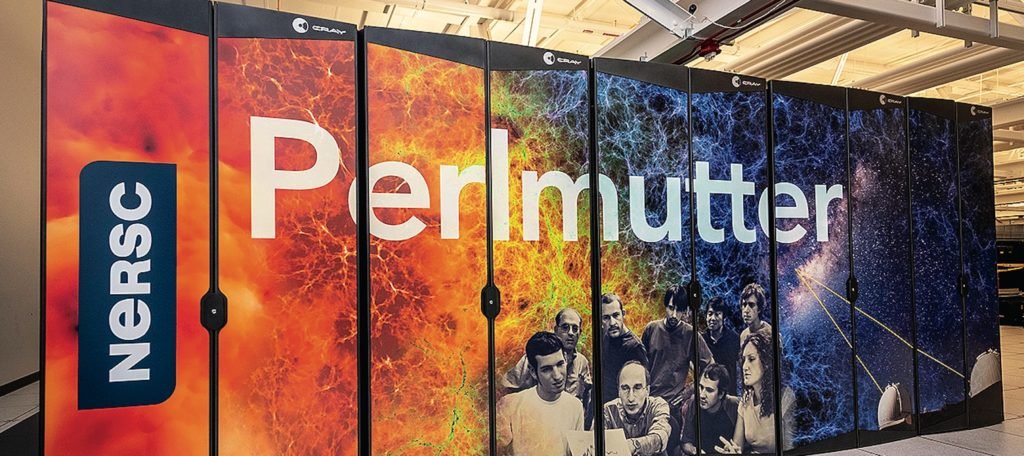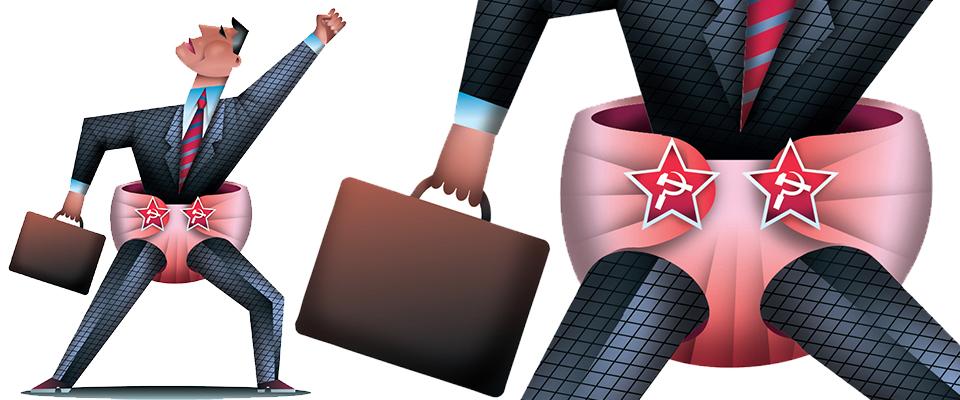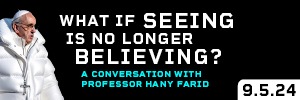I FOUND OUT VERY EARLY ON THAT I COULD RUN FAST. Shell, the company my dad worked at for 40 years, hosted these annual picnics where they’d put on a 50-yard dash for the kids. I’d win every year, my dad bragging, “That’s my boy!” Now, if it had been up to him, I would have played third base for the Giants. But at age 13, I pledged the next decade of my life to becoming the world’s fastest human.
When I graduated high school, I wasn’t even 150 pounds and was overlooked by the big-time schools. So, I went to Contra Costa College, and over the next two years, worked my way up to being the best junior college runner in the country. Almost every Division I program offered me a scholarship, but Cal was the one. I still get goose bumps when I think about it—the best decision that I ever made.
I blasted off, breaking the tape in 9.9 seconds. My dad heard the news flash on the radio, Eddie Hart equals world
record!
Cal was always great to me, but when 1972 rolled around, my senior year, I decided to withdraw from school to put all of my effort into the Olympics. By mid-season, at the West Coast Relays, I ran the 100-meter dash in ten seconds flat, a tenth of a second off the world record. My legs were feeling good, but at the U.S. Championships, I reinjured my hamstring, just three weeks before the trials.
I arrived at the Olympic trials without doing a single block start in three weeks. With four races ahead of me, I was nervous about reinjuring my hamstring. In the first three heats, I held back, just barely qualifying. In the final race, I said to myself, “It’s now or never.” I blasted off, breaking the tape in 9.9 seconds. My dad heard the news flash on the radio, Eddie Hart equals world record!
Finally, we arrived in Munich, and I was days from getting my shot at gold in the 100. That opening day, I breezed through my first heats. Afterwards, Stan Wright, the U.S. track coach, told us we had a few hours to rest at Olympic Village before the quarterfinals. I sat on my bed looking over the schedule when I realized something was off. Stan had the wrong schedule; my heat was supposed to start in an hour!
We hustled down to the gate to catch the next bus to the stadium. The ABC television crew were there and the cameraman realized the situation. He piled us into their van. I mean, this guy, he was flying! He went down a one-way the wrong way. German policeman jumped out in front of the van and told us to stop. He just keeps going. They let us out at the practice track and about halfway through the tunnel, I hear a starting gun go off.
The gun for my race.
People put a lot of blame on Stan Wright, the coach. But I never, ever, for a second, had any ill feelings towards him.
I don’t know if I really understood what pain was, but that day I found out. That hurt. There was no recourse, no second chance, no appeal. There was nothing—and I got it.
The next day, missing the race was the top news in the world. I mean, I couldn’t turn the TV on, couldn’t turn the radio on. I don’t care where I went. Eddie Hart, Ray Robinson miss their race. I stepped out of my hotel room that evening into a sea of paparazzi. It was just incredible.
There was some talk of a protest, but that was the furthest thing from my mind. I was there to compete. Even though I missed my race, I still had a job to do, and that was the relay. I had to put my emotions on hold and take care of business. Because I wasn’t gonna let those guys down. I just wasn’t.
People put a lot of blame on Stan Wright, the coach. But I never, ever, for a second, had any ill feelings towards him.
You know, I’ve been so blessed. I continued to pursue my love for running as a coach at Cal and College of Alameda. I’ve been married to my high school sweetheart, Gwen, for 45 years, raising two amazing children and, now, three beautiful grandkids. Life has its bumps and turns, but I became a better person as a result of those games.
Back in 2011, just before my father passed, we sat in his truck outside his house. Almost 40 years after the games, I finally asked, “Dad, how did you feel when you heard I missed my race?” A tear streamed down his cheek, “I felt so lousy for you, but I couldn’t be more proud.”
From the Summer 2020 issue of California.











